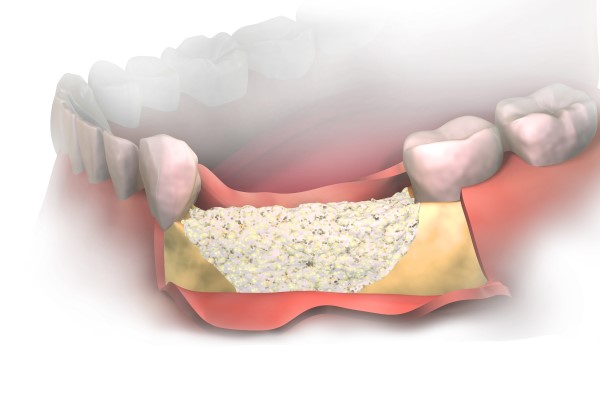5 Tips for Dental Filling Aftercare

Dental filling procedures are very common among patients of all ages. They are done in order to tackle minor to moderate cavities, and the procedure is relatively straightforward. However, with all dental procedures comes the need for aftercare. In the case of dental fillings, the aftercare is pretty simple and not too involved. Ready to find out more about how to care for your teeth after a dental filling?
5 Ways to care for a tooth after a dental filling
Outlined below are a few tips on aftercare once a dental filling procedure has been done. This information can be helpful to review when preparing for an upcoming dental filling procedure.
1. Be gentle
In general, it is advisable to be gentle after a dental filling procedure. The tooth will be sore and sensitive, and the surrounding teeth may also feel the effects of the procedure. Patients should avoid touching the tooth or area for a day or so to ensure that it heals properly.
2. Avoid eating hard and sticky items
It can be difficult to eat immediately after a dental filling procedure. The tooth may be sensitive or sore, which is completely normal. General dentists recommend avoiding eating hard or sticky items after the procedure to avoid any further discomfort. Foods such as candies, caramels, jerky, tough meats, or hard nuts may damage the newly filled tooth. It is better to eat soft foods, such as eggs, yogurt, pudding, or smoothies for a day or so after the procedure.
3. Rinse a couple of times
Patients are advised to rinse their mouths after a dental filling procedure. There may be debris left behind or food from eating, which can be uncomfortable. Rinsing with salt-water or a gentle mouthwash with no alcohol a few times after a dental filling can be helpful in cleansing the mouth. Additionally, it can reduce bad breath that may have come from the dental filling procedure, which is a common side effect.
4. Take an anti-inflammatory medication
Some patients experience slight discomfort after a dental filling procedure, which is completely normal. Discomfort or soreness usually does not last longer than a day or two, however, in the meantime, patients can remedy with over-the-counter anti-inflammatory medication. This will reduce swelling, while also helping to relieve the mouth of discomfort.
5. Brush and floss
Many people are hesitant to brush and floss after a dental filling procedure, however, it is necessary to do so before the night ends. Although the tooth may be sore, it is still necessary to gently brush and floss. General dentists recommend a very soft-bristled toothbrush to avoid discomfort.
Do you currently need a dental filling?
When looking to learn more about aftercare for a dental filling procedure, it is best to consult directly with a general dentist. The general dentist can specify certain tips that can be helpful. Reach out today to get your questions and concerns addressed, or to get started with a consultation appointment.
Request an appointment here: https://chambleedental.com or call Chamblee Dental Care at (770) 238-4316 for an appointment in our Chamblee office.
Check out what others are saying about our dental services on Yelp: Dental Fillings in Chamblee, GA.
Recent Posts
When someone develops a cavity, a dentist will likely suggest dental fillings to prevent infection and strengthen your tooth. Read on to learn more about dental fillings. Dental restorations may be made out of various materials, but the most frequent fillings are amalgam and composite resin. Amalgam was the most common filling material; however, composite…
Dental fillings can be costly and uncomfortable for many people. Because filling a cavity requires drilling the decayed tooth, people are often curious about what other ways a cavity can be treated.Traditionally, a cavity was treated by filling the tooth with a medically safe material to stop the decay from furthering. However, as dental technology…
Has it been a while since you had your cavities treated and fillings placed? If so, you may be wondering, "When do I replace my dental fillings?" This is a good and important question to ask because if a filling starts to have problems, it can lead to additional oral health consequences.For example, if a…
Are you looking for more information about routine dental care? Visiting your dentist on a regular basis is vital to your having a healthy mouth. When your mouth is healthy, it is likely that the rest of your body is going to be healthy, too. Ready to find out how often you need to visit…


